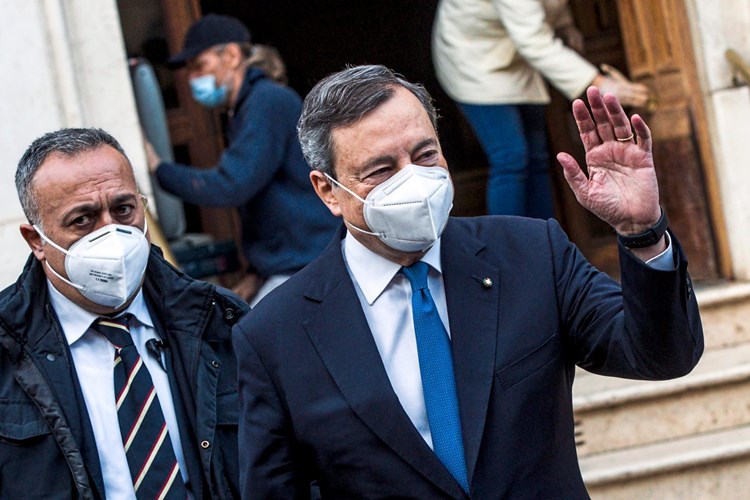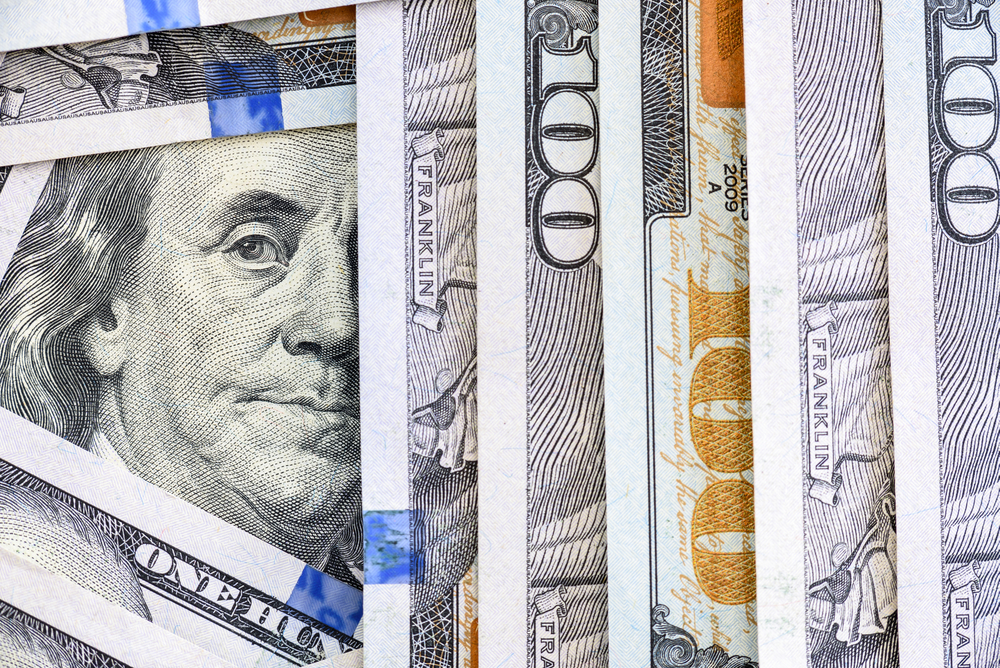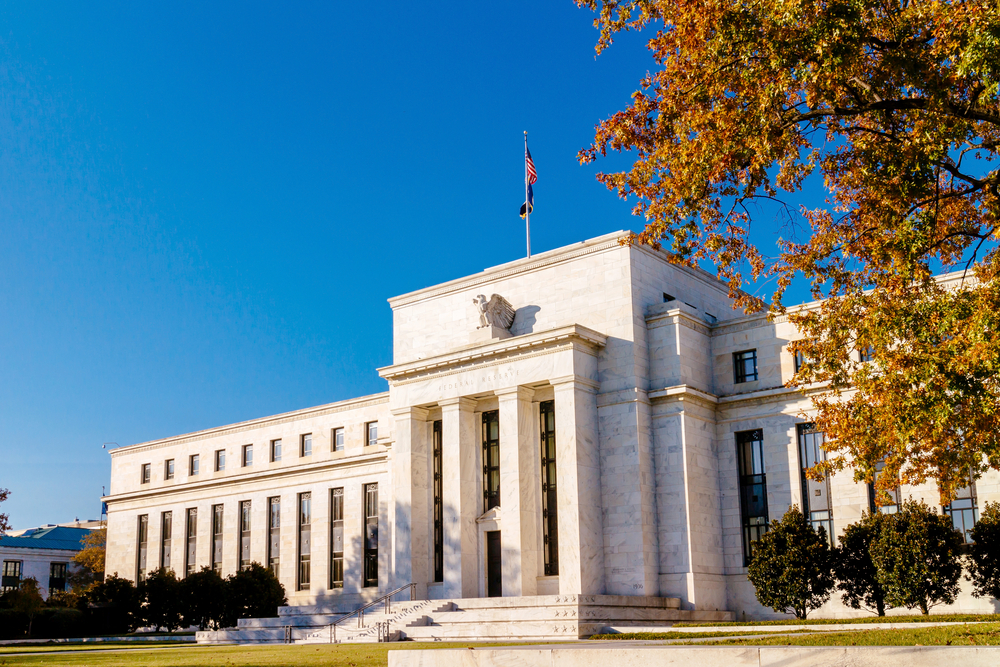Mario Draghi Era in Italy
The agenda has been very busy in Italy. And Prime Minister Guiseppe Conte's resignation due to the political crisis was the most important news of the week. After a week of political crisis, the former European Central Bank (ECB) President Mario Draghi was given mandate to form the government by "Presidente della Repubblica" Sergio Mattarella.
Political Crisis Started in 2021
The government was in power with a coalition of five parties as of September 2019. However, in 2021, Matteo Renzi, the leader of Italy Viva, which is the junior partner of the coalitions, took back his two ministers on the grounds that he had frequent disagreements with Giuseppe Conte and that Conte could not properly manage the funds provided by the European Union. Following these news, Conte's government lost a majority in parliament due to the lack of two ministers, prompting the resignation of the Prime Minister.
Former PM Guiseppe Conte's resignation has yet to come to light, a statement from the Italian Cabinet supported the resignation. The cabinet statement said Conte would submit his resignation letter to ministers. Then, Conte submitted his resignation to the Cabinet, and publicly shared it after visiting President Sergio Mattarella. On February 3, Presidente Mattarella mandated Mario Draghi, the former President of the European Central Bank (ECB), to form a government.
Who Is Mario Draghi?
Mario Draghi, a banker and economist, was born on September 3, 1947 in Rome, the capital of Italy. He graduated in Economics at La Sapienza University under the supervision of the Keynesian economist, Federico Caffè, with a thesis titled Integrazione economica e variazione dei tassi di cambio ("Economic integration and variation of exchange rates"). Then he earned a PhD in economics from the Massachusetts Institute of Technology in 1976. From 1984 to 1990, he served as the Italian Executive Director at the World Bank. In 1991, at the initiative of the then Minister Guido Carli, he became general director of the Treasury, and held this office until 2001. He chaired the Committee that revised Italian corporate and financial legislation and drafted the law that governs Italian financial markets. In December 2005, Draghi was appointed Governor of the Bank of Italy. He officially took office on 16 January 2006. As Bank of Italy governor, he was a member of the Governing and General Councils of the European Central Bank and a member of the Board of Directors of the Bank for International Settlements. He also represented Italy on the Boards of Governors of the International Bank for Reconstruction and Development and the Asian Development Bank. On 31 October 2019, his mandate as ECB President expired and Christine Lagarde was appointed as his successor.[
Draghi; the Man saved the Eurozone
Mario Draghi, who took office from Jean-Claude Trichet on November 1, 2011, wanted to defend Europe against this crisis by adopting a tight monetary policy for the Eurozone. In addition, it used the interest tool, which is the traditional monetary policy tool of the ECB, to reduce the deflationary pressures that occurred with the crisis and to stimulate production. Accordingly, Grande Draghi gradually cut interest rates for the period from 2011 to 2019, reducing deposit interest rates from 0.75 percent to minus 0.50 percent, benchmark interest rates from 1.50 percent to 0 percent, and marginal borrowing rates from 2.25 percent to 0.25 percent. Draghi, who has been criticised by countries less affected by the crisis during this period, became the historic ECB President, who helped boost exports by leading to competition from the euro, importing countries that cheapened along with falling interest rates.
Draghi, on the other hand, said that “we will do everything we can to save the euro,” paving the way for asset purchase programs, not just interest rates. Draghi, who turned to asset purchase programs in the shadow of the strong impact of 2008 crisis on Spain and Italy, had noted that he wanted to buy these countries' 3-year bonds and spread the current crisis to the bottom and to prevent debtor countries from benefiting from the crisis, leading European economies such as Germany, which has always had foreign trade surplus, to use their funds for the development of the Eurozone. Although there were statements of opposition from the Germany to Draghi's words, Draghi did not give up his line, starting asset purchases and saved Eurozone from the burden of crisis. As a result of this action, Draghi was nicknamed as "the man who saved the euro".
Super Mario
Italy was the first country in Eurozone that was deeply affected by novel coronavirus. Italy, which has been at its peak in cases and death numbers due to the pandemic, came into the agenda with a political crisis towards the end of 2020. And yesterday President Sergio Mattarella mandated former ECB President Mario Draghi to form a government.
Mr Draghi said that he welcomed the task and said he would give an answer to President Mattarella after making an consideration. Draghi also noted that Italy had gone through a difficult time, and his message that they should be united at this stage.
In addition, Draghi is expected to form a technocrat government because he is a former banker, while Matteo Renzi, the leader of Italy's Viva Party, which led to the dissolution of the current government, supported Draghi via twitter, saying that “everyone with good intentions should follow the call of President Mattarella and support the Government of Mario Draghi." On the other side, Vito Crimi, the leader of the Five Star Movement, another important part of the coalition, said: "This kind of government has existed in the past and has extremely negative consequences for Italian citizens," showing his opposition to the Draghi-led government.
As Italy prepared for the era of Mario Draghi, it remained in mind about the policies it implemented during his term in the European Central Bank. In addition to the health crisis, political crisis can also be resolved in Italy. At the same time, in order to stabilize the financial crisis in Italy, Draghi can quickly raise a new package that will support the recovery of the Italian economy, citing the example of the irreversible asset purchases that the ECB implemented during his time.





